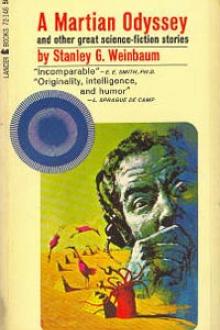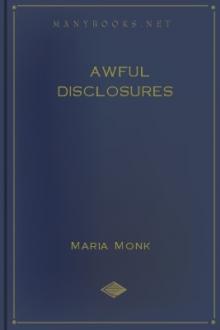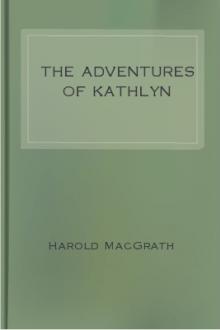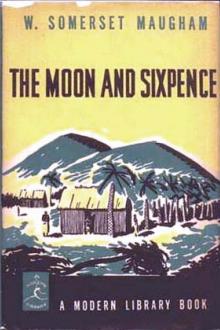Genre Fiction. Page - 274
All entire books of the Fiction genre on your device.

grate, 'she shall feed the birds. This big loaf is for Signor John Baptist. We must break it to get it through into the cage. So, there's a tame bird to kiss the little hand! This sausage in a vine leaf is for Monsieur Rigaud. Again--this veal in savoury jelly is for Monsieur Rigaud. Again--these three white little loaves are for Monsieur Rigaud. Again, this cheese--again, this wine--again, this tobacco--all for Monsieur Rigaud. Lucky bird!'The child put all these things between the bars into

at the earth on my diagram, and then at myself, and then, to clinch it, I pointed to myself and then to the earth itself shining bright green almost at the zenith."Tweel set up such an excited clacking that I was certain he understood. He jumped up and down, and suddenly he pointed at himself and then at the sky, and then at himself and at the sky again. He pointed at his middle and then at Arcturus, at his head and then at Spica, at his feet and then at half a dozen stars, while I just

tic for the feelings of Sophia and myself--We fainted alternately on a sofa. Adeiu Laura.LETTER the 9th From the same to the same Towards the close of the day we received the following Letter from Philippa. "Sir Edward is greatly incensed by your abrupt departure; he has taken back Augusta to Bedfordshire. Much as I wish to enjoy again your charming society, I cannot determine to snatch you from that, of such dear and deserving Freinds--When your Visit to them is terminated, I trust you

secure society against oneof the most destructive but insidious institutions of popery; Americanfemales, an appeal to them of the most solemn kind, to beware ofConvents, and all who attempt to inveigle our unsuspecting daughtersinto them, by the secret apparatus of Jesuit schools. The author of thisbook was a small, slender, uneducated, and persecuted young woman, whosought refuge in our country without a protector; but she showed theresolution and boldness of a heroine, in confronting her

r description as they seemed toneed or as pleased me, and in one or two instances I have gatheredin an incident from another version. At all times, among my friends,both young and old, English or American, I have always found eagerlisteners to the beautiful legends and fairy tales of Japan, and intelling them I have also found that they were still unknown to thevast majority, and this has encouraged me to write them for thechildren of the West.Y. T. O. Tokio, 1908. CONTENTS. MY LORD BAG OF RICE

Kathlyn with evasions. Frowning,he replaced the order in the box, which he put away in a drawer. Itwas all arrant nonsense, anyhow; nothing could possibly happen; ifthere did, he would feel certain that he no longer dwelt in a realworkaday world. The idle whim of a sardonic old man; nothing more thanthat."Father, is the king dead?" "Dead! What makes you ask that, Kit?" "The past tense; you said he was, not is." "Yes, he's dead, and the news came this morning.

before. Mr. Crabbe was as dead as mutton, but Mr. Crabbe continued to write moral stories in rhymed couplets. I have read desultorily the writings of the younger generation. It may be that among them a more fervid Keats, a more ethereal Shelley, has already published numbers the world will willingly remember. I cannot tell. I admire their polish -- their youth is already so accomplished that it seems absurd to speak of promise -- I marvel at the felicity of their style; but with all their

Bracing himself, Thomas stepped through the ward and onto the first step, and had to steady himself against the wall as the effect faded. He shook his head and started up the stairs.The banister was carved with roses which swayed under a sorcerous breeze only they could sense. Thomas climbed slowly, looking for the next trap. When he stopped at the first landing, he could see that the top of the stairs opened into a long gallery, lit by dozens of candles in mirror-backed sconces. Red draperies

g More's lifetime. Its first publication in this country was in the English translation, made in Edward's VI.'s reign (1551) by Ralph Robinson. It was translated with more literary skill by Gilbert Burnet, in 1684, soon after he had conducted the defence of his friend Lord William Russell, attended his execution, vindicated his memory, and been spitefully deprived by James II. of his lectureship at St. Clement's. Burnet was drawn to the translation of "Utopia" by the same sense of

"Him fella my brother belong me," was the answer. "Him fella dietoo much." "You sing out, him fella brother belong you die too much," thewhite man went on in threatening tones. "I cross too much alongyou. What name you sing out, eh? You fat-head make um brotherbelong you die dose up too much. You fella finish sing out,savvee? You fella no finish sing out I make finish damn quick." He threatened the wailer with his fist, and the black cowered down,glaring